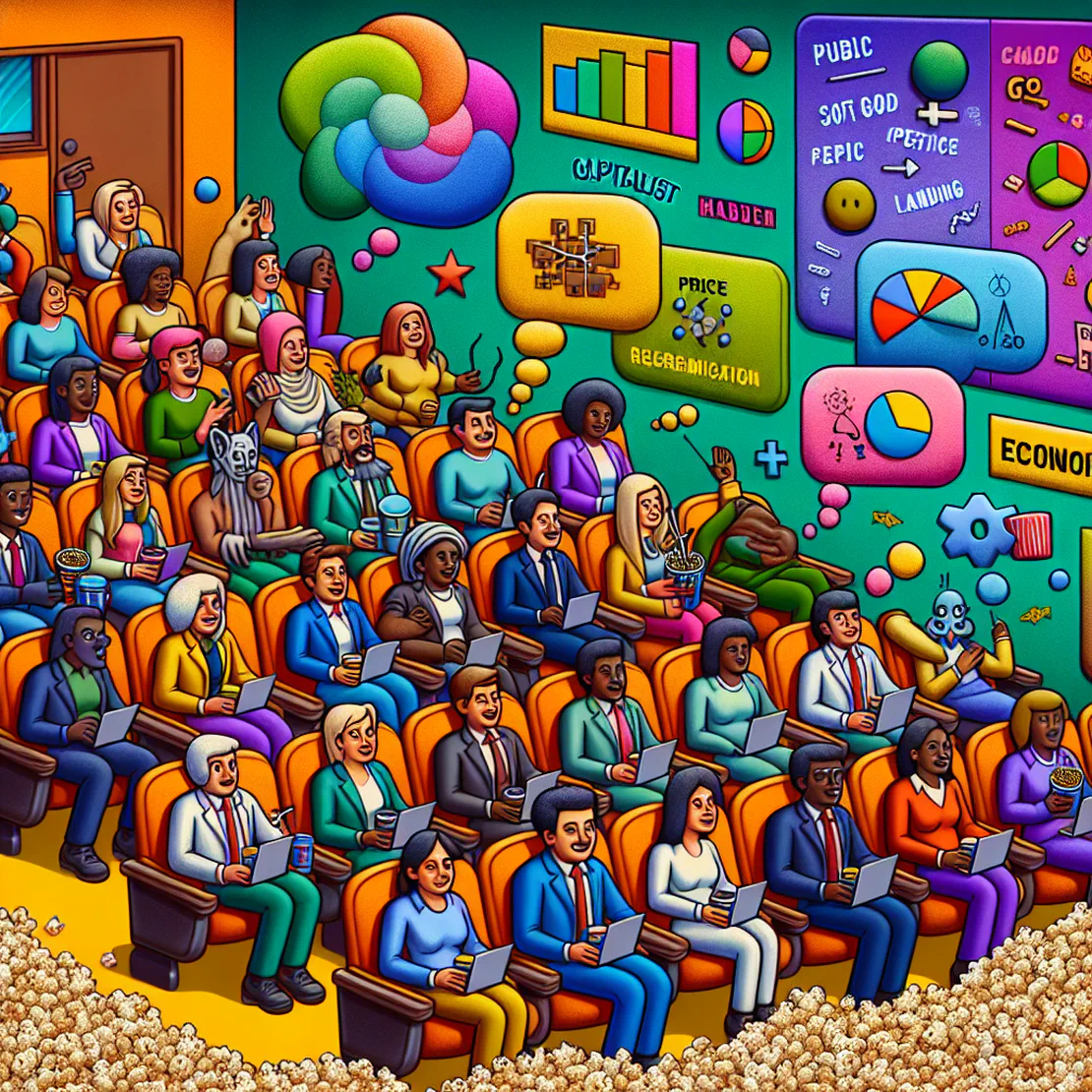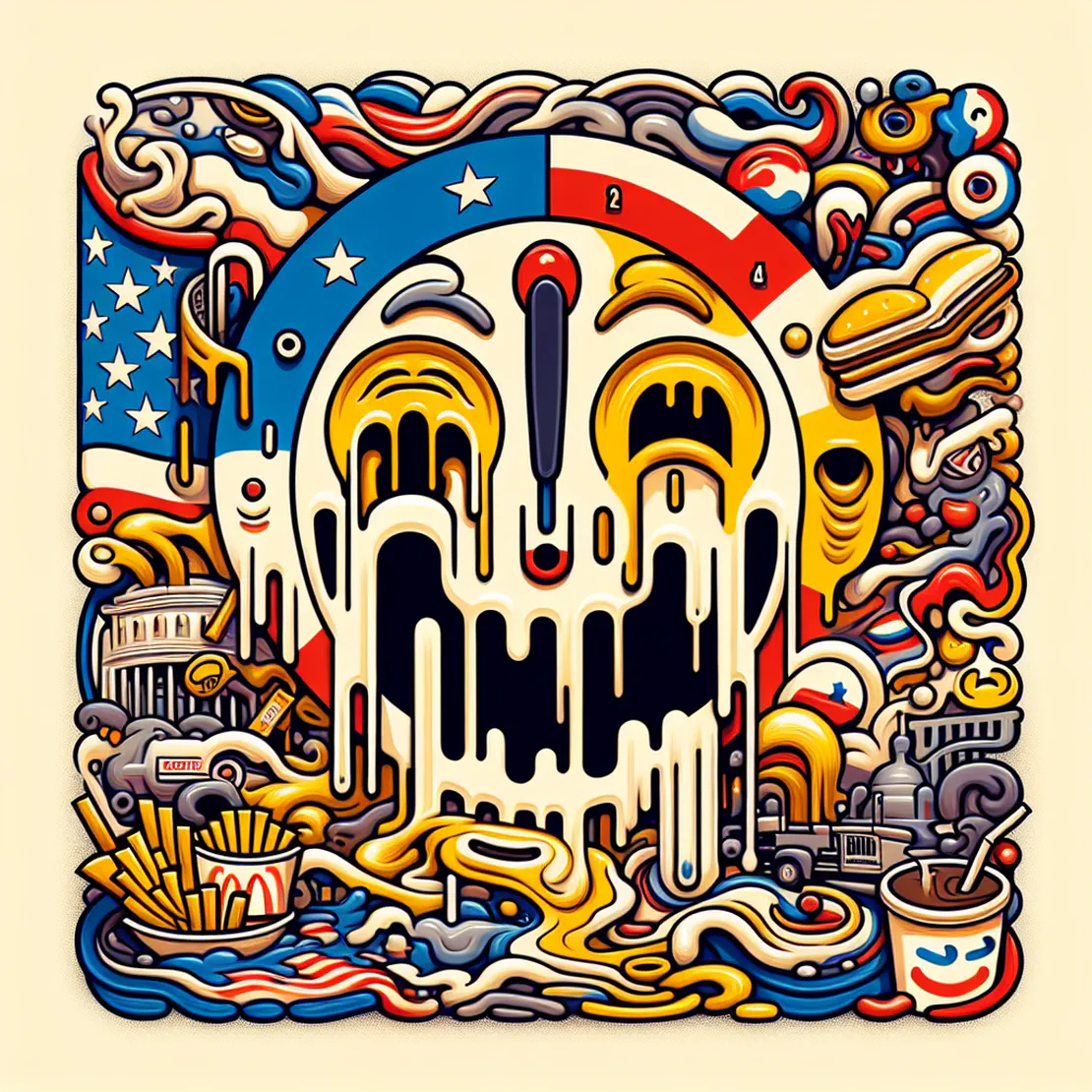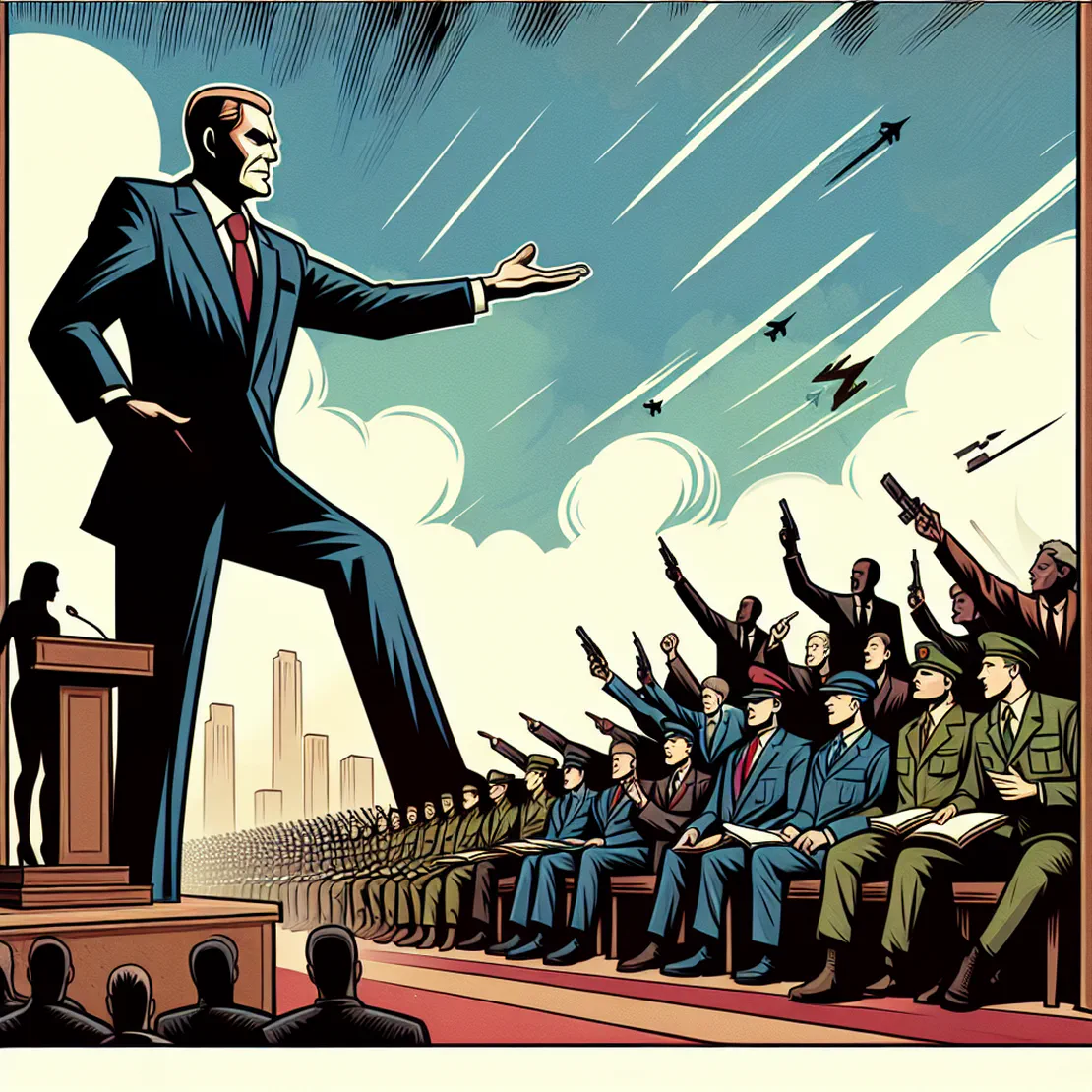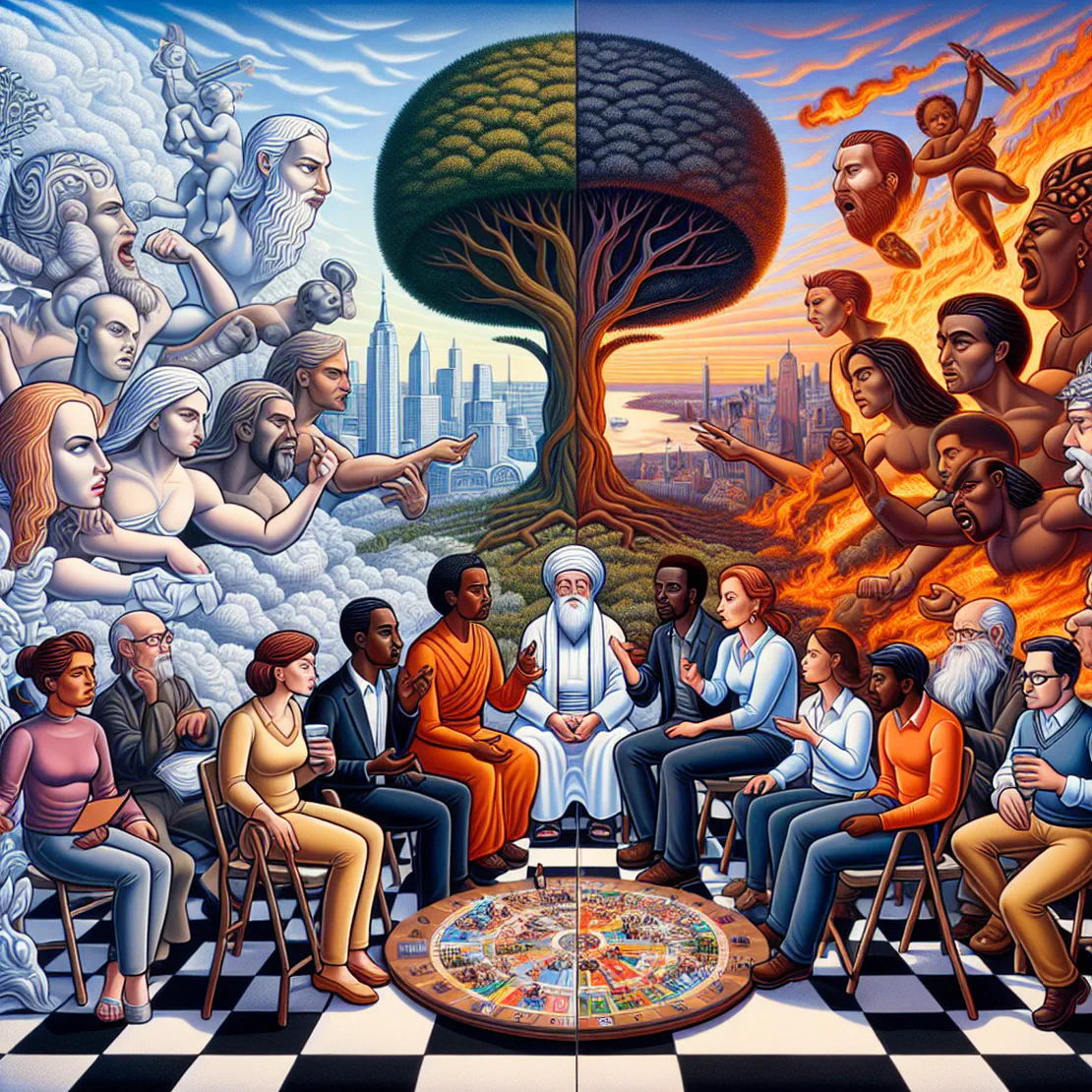
We asked 188 economists. And the survey says...
Table of Contents
At a Glance
-
Economics and Humor - “I actually have a policy that in every class, which is one hour and fifteen minutes, I crack at least two jokes.” This highlights Professor Boulant-Thamel’s unique teaching strategy to keep students engaged.
-
Misunderstanding of Terms - “Why did God create economists? To make weather forecasters look respectable.” A humorous take on the public perception of economists, showcasing the playful side of the podcast.
-
Awkward Classroom Moment - “So that’s what pegging is. And that is when the students started smirking.” This moment captures a funny yet embarrassing misunderstanding in an academic setting, emphasizing the cultural gap between generations.
-
Serious Economic Concepts - “Moral hazard occurs whenever there’s an individual who takes an action for which they don’t bear the full economic consequences of that decision.” This quote explains a complex economic concept in a straightforward manner, underlining its importance in understanding health economics.
-
Public Good Explained - “In economics, a public good, yes, does refer to something that is good for the public…but there is a more technical definition.” This clarifies a commonly misunderstood economic term, showcasing the educational value of the podcast.
-
Capitalist Misconceptions - “Most people find capitalists as selfish, greedy people, and that’s not exactly it.” This point addresses common stereotypes about capitalists, fostering a deeper understanding among listeners.
-
Double Meanings in Economics - “Welfare can be defined as a measure of people’s wellbeing, how well off they are, but it can also refer to a government income support program.” This highlights the confusion that can arise from the dual meanings of economic terms.
-
Price Discrimination Explained - “Price discrimination, which is basically setting different prices for individual consumers based on what each of those consumers is willing to pay.” This point is crucial for understanding certain business practices and consumer experiences, making it relevant and educational for listeners.
What to Do
-
‘Be prepared and methodical in your presentations’ - ‘Having a structured approach, like planning jokes at specific times during a lecture, can help maintain and recapture audience attention.’
-
‘Understand the dual meanings of words to avoid confusion’ - ‘Being aware of how certain terms can be interpreted differently can help in clearer communication and prevent misunderstandings.’
-
‘Be cautious with language in diverse settings’ - ‘Awareness of the different connotations words can carry helps in maintaining professionalism and sensitivity in diverse environments.’
-
‘Incorporate humor carefully and contextually’ - ‘Using humor can engage listeners, but it should be appropriate to the audience and setting to avoid unintended offense.’
-
‘Take responsibility for your actions to avoid moral hazard’ - ‘Being aware of the consequences of one’s actions encourages responsible behavior, particularly in situations where one might not directly bear the costs.’
-
‘Offer incentives that align with desired outcomes’ - ‘Structuring incentives, such as copays and deductibles in health insurance, can help mitigate risks like moral hazard by ensuring individuals have a stake in the outcomes.’
What to Get
-
Pumpkin spice - Associated with the season of fall, commonly used in foods and beverages to evoke a seasonal mood.
-
Copays and deductibles in health insurance - Financial components of health insurance that affect user behavior regarding medical services utilization.
-
Economics textbooks and teaching materials - Used in educational settings, specifically for teaching economics.
-
Insurance literature from the 1867 guide to fire insurance - Historical document used for understanding policies and client evaluation in insurance practices.
-
PhD thesis on Moral Hazard by Mark Polly - Academic work used to explore and discuss the concept of moral hazard in economics.
Summary
In this engaging episode of NPR’s Planet Money podcast, hosts Amanda Oranchik and Alexey Horowitz-Ghazi explore various economic concepts that are commonly misunderstood. The episode kicks off with a light-hearted anecdote from Professor Bulent at the University of Texas at San Antonio, who shares his strategy of incorporating humor into his lectures. He aims to keep his students engaged by telling jokes at strategic points during his classes. However, a humorous mishap occurs when he uses the term “pegging” in a lecture about economics, not realizing its sexual connotation, leading to an unexpected reaction from the students.
The hosts then delve into the main theme of the episode, which revolves around economic terms that are frequently misinterpreted. They discuss how everyday language can often obscure the specific meanings that these terms have in the field of economics. For instance, terms like “public good” and “capitalist” are explored, highlighting how their economic definitions differ significantly from their common usage. The show features insights from various economists who explain why these misunderstandings occur and the implications they have for the general public’s comprehension of economic policies and concepts.
A particularly intriguing segment of the episode examines the term “moral hazard,” which is often confused by students and the public alike. The hosts discuss this concept in the context of health insurance, where individuals might not take preventive measures like vaccinations because they don’t bear the full cost of their healthcare. This leads to broader societal issues, such as increased healthcare costs for everyone when diseases spread more easily due to lack of preventive care.
Throughout the episode, the hosts maintain a conversational and informative tone, making complex economic concepts accessible and interesting to a broad audience, including college freshmen. They use real-life examples and stories from experts to illuminate how economic language can be a barrier to understanding, but also how demystifying these terms can lead to better-informed public perceptions and decisions.


